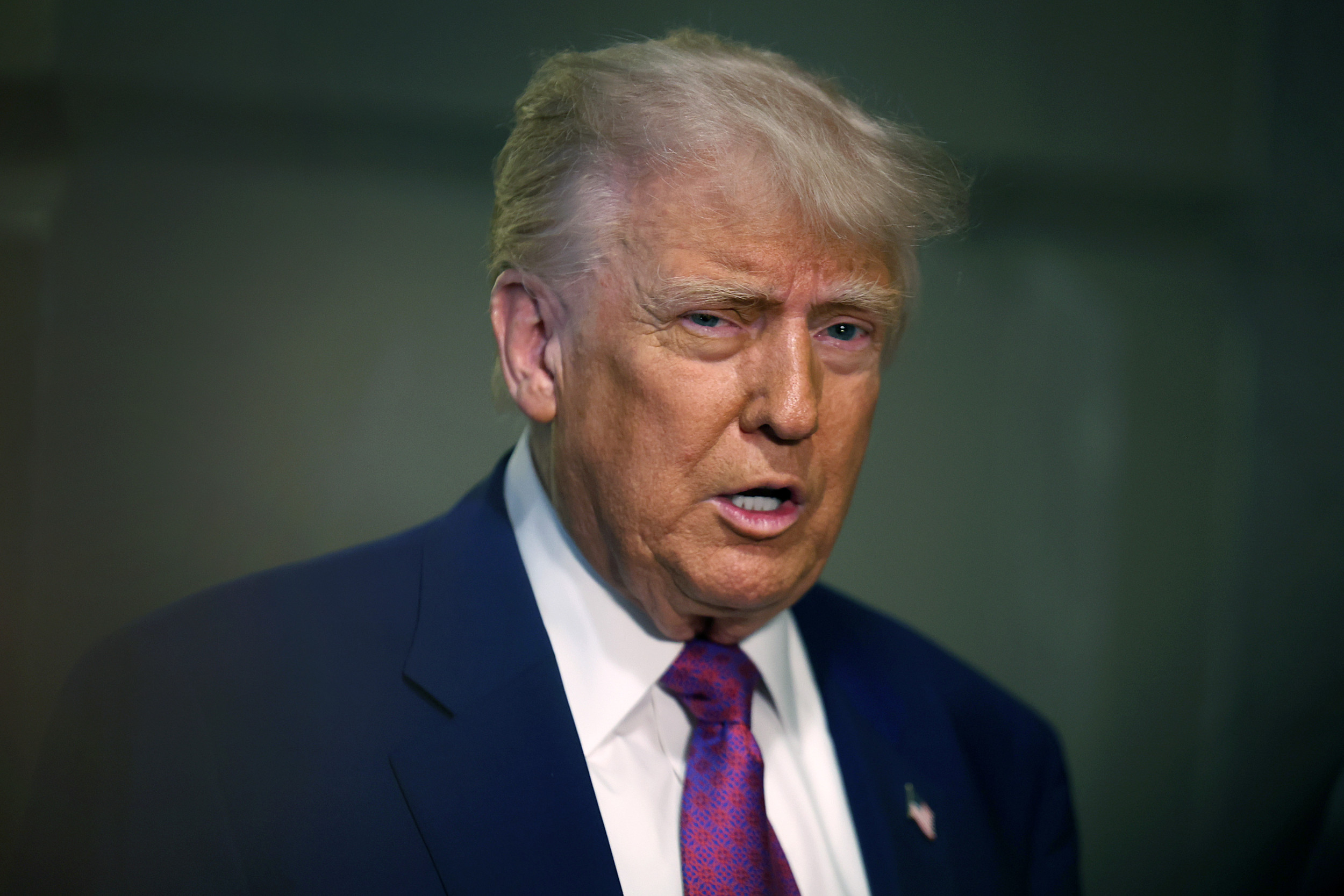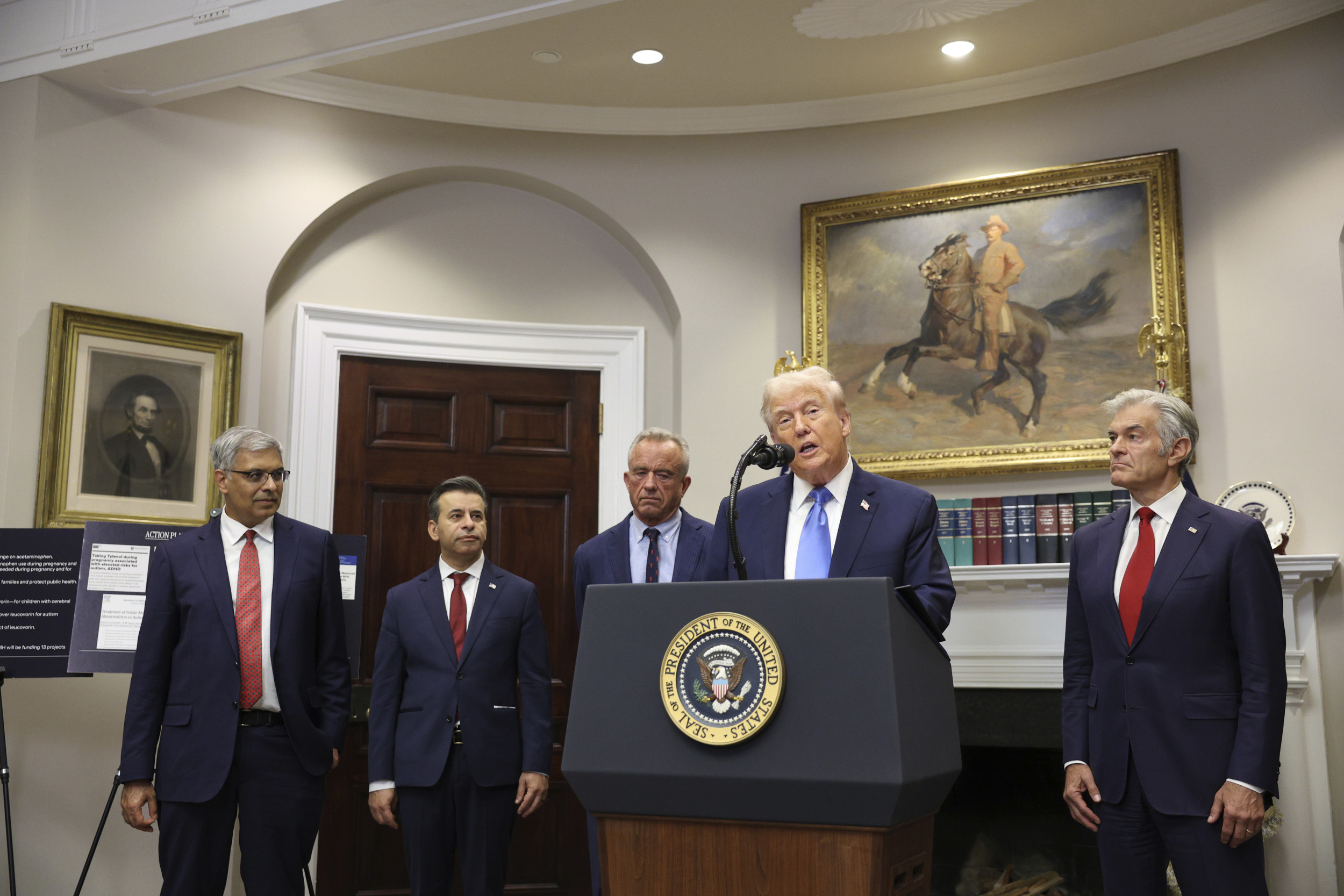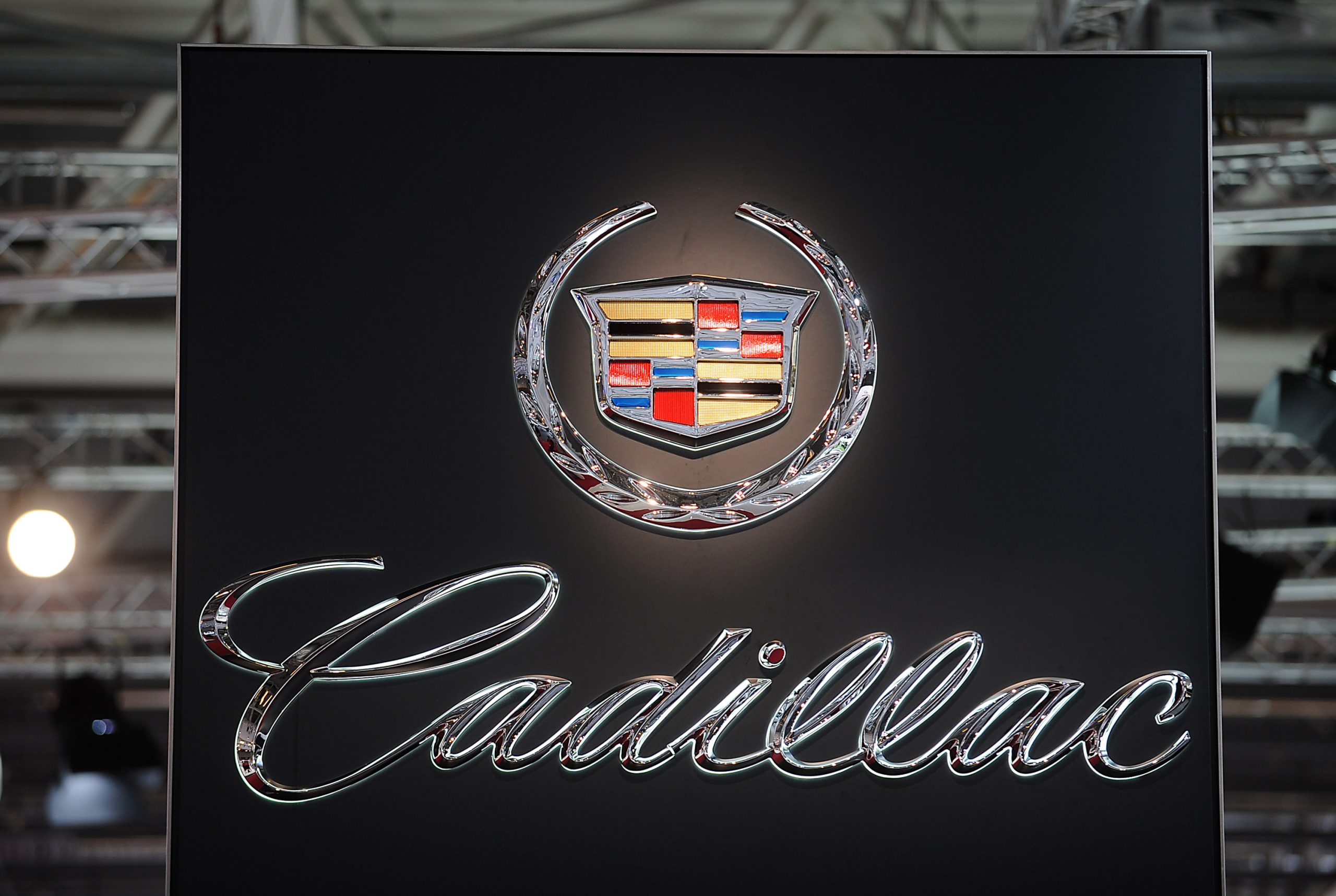
The number of companies mentioning the term “recession” when discussing their financial results has shot up to its highest level since 2022.
According to a study by financial data firm FactSet, of the 451 earnings calls conducted by S&P 500 firms between March 15 and May 15, 121 of these mentioned “recession,” equivalent to 27 percent.
This is more than nine times the number recorded last quarter (13) and the highest level since the fourth quarter of 2022, when the term was mentioned in 147 calls.
Why It Matters
Despite being reelected on the promise of reducing costs for American households and sparking economic growth, businesses and economists have expressed concerns that President Donald Trump‘s trade policies could cause lasting economic damage and push the country toward a major downturn.
Against these warnings and other bleak economic forecasts, the Trump administration maintains that the tariffs are necessary to address trade imbalances and foster a resurgence in domestic manufacturing.
What To Know
Fears over a recession had been growing as Trump unveiled tariffs on metals imports and on key trading partners such as Canada, Mexico and China early in his second term. These were raised after his announcement of “reciprocal” tariffs on dozens of trading partners on April 2, and the subsequent ramping up of duties on Chinese imports after Beijing refused to retract its retaliatory tariffs.
Both have been placed on 90-day pauses as of April 9 and May 12, respectively. The reciprocal tariffs have been brought down to a baseline 10 percent rate, while China’s have been lowered to 30 percent from 145 until mid-August.
The announcement of China’s tariff reduction, which followed negotiations between officials from Washington and Beijing in Geneva, allayed some of the anxieties that had been building, particularly in sectors heavily exposed to U.S.-China trade flows. It also prompted JPMorgan to lower its recession forecast to 50 percent from 60 percent.

Tasos Katopodis/Getty Images
According to FactSet’s study, companies in the Real Estate, Financials and Industrials sectors have mentioned “recession” in earnings calls since mid-March, at 40 percent, 39 percent and 36 percent, respectively.
Trump’s Friday announcement that he will recommend a 50 percent tariff on the European Union reignited recession fears. George Buckley, chief European economist at financial services group Nomura, told Reuters that this move would be “a disaster for trade.”
“If this goes ahead, I think there’s going to be a very sizeable risk that we fall into recession potentially on both sides of the Atlantic,” Buckley said.
What People Are Saying
Michael Feroli, chief U.S. economist at JPMorgan, wrote on Monday: “The administration’s recent dialing down of some of the more draconian tariffs placed on China should reduce the risk that the U.S. economy slips into recession this year. We believe recession risks are still elevated but are now below 50 percent.”
Political economist Veronique de Rugy previously told Newsweek that despite the 90-day pause in U.S.-China tariffs, “the economic disruptions caused by the trade war have had tangible impacts, and the temporary nature of the agreement means that uncertainties persist.”
Federal Reserve Chair Jerome Powell, at a press conference prior to the U.S-China tariff pause: “If the large increases in tariffs that have been announced are sustained, they are likely to generate a rise in inflation, a slowdown in economic growth, and an increase in unemployment. The effects on inflation could be short-lived, reflecting a one-time shift in the price level. It is also possible that the inflationary effects could instead be more persistent.”
What Happens Next
Reciprocal tariffs have been paused until early July, while tariffs on Chinese goods will stay at 30 percent until mid-August.
Treasury Secretary Scott Bessent told CNN recently that the U.S. was focused on striking trade deals with 18 “important” nations during the 90-day window, and that, should negotiations fail, rates will revert to those Trump announced on “Liberation Day.”
The White House has not confirmed whether Trump’s threat of a 50-percent tariff on EU goods will take effect.




